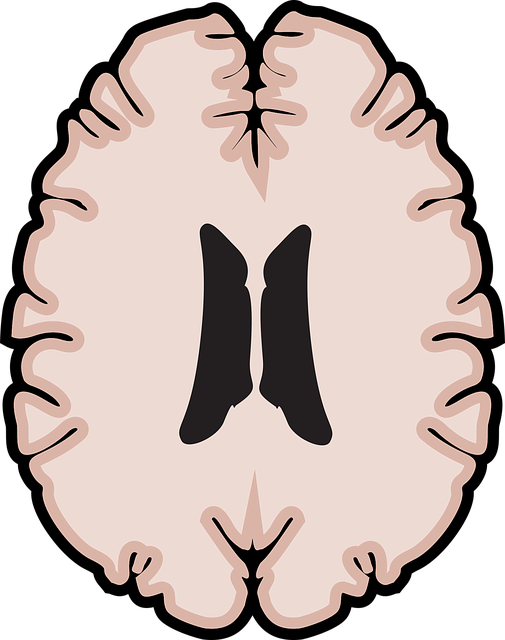Longmont Interpersonal Issues Therapy (LIIT) is a powerful, holistic approach to mental wellness coaching, addressing complex relationships and emotional dynamics. By integrating evidence-based techniques like CBT and mindfulness, LIIT coaches help individuals challenge negative thought patterns, build adaptive coping mechanisms, and improve overall well-being. Effective programs require strategic planning, evaluation, and public awareness campaigns to reduce stigma and increase access to therapy in Longmont communities.
“Uncover the transformative power of mental wellness coaching in Longmont with this comprehensive guide. Building upon the foundational principles of Longmont Interpersonal Issues Therapy, we explore how tailored coaching programs can empower individuals. This article delves into effective design strategies, from evidence-based techniques to creating personalized experiences. We then navigate implementation and impact, providing insights on launching and evaluating successful coaching initiatives within the community. Discover how these programs enhance mental health support in Longmont.”
- Understanding Longmont Interpersonal Issues Therapy: A Foundation for Coaching Programs
- Designing Effective Mental Wellness Coaching Programs: Strategies and Techniques
- Implementation and Impact: Launching and Evaluating Your Coaching Initiatives in Longmont
Understanding Longmont Interpersonal Issues Therapy: A Foundation for Coaching Programs

Longmont Interpersonal Issues Therapy (LIIT) serves as a robust foundation for developing mental wellness coaching programs. This therapeutic approach focuses on resolving interpersonal conflicts and understanding the emotional dynamics between individuals, which are fundamental aspects of overall well-being. By delving into these complex relationships, LIIT facilitates personal growth and healing processes.
Incorporating LIIT principles into coaching programs enables facilitators to address a range of mental health concerns, including anxiety and depression. It promotes positive thinking and fosters effective communication skills, essential components of any successful therapy or coaching journey. Moreover, understanding the interconnections between interpersonal issues and broader mental health policies is vital. This knowledge encourages advocates to push for policy changes that support better access to emotional healing resources, thereby enhancing the impact of wellness coaching initiatives in communities across Longmont and beyond.
Designing Effective Mental Wellness Coaching Programs: Strategies and Techniques

Designing effective mental wellness coaching programs requires a multifaceted approach that addresses individual needs while fostering personal growth. Coaches play a pivotal role in guiding clients through complex emotional landscapes, helping them navigate interpersonal issues and cultivate resilience. Incorporating evidence-based techniques such as cognitive behavioral therapy (CBT) and mindfulness practices can significantly enhance program efficacy. These strategies empower individuals to challenge negative thought patterns, build coping mechanisms, and improve overall mental wellness.
In the context of Longmont Interpersonal Issues Therapy, coaches should prioritize creating safe, non-judgmental spaces where clients feel empowered to explore their emotions. Public Awareness Campaigns Development can play a crucial role in normalizing conversations around mental health, encouraging participants to embrace vulnerability. Additionally, integrating confidence-boosting activities and goal-setting exercises can help individuals cultivate a positive self-perception and foster a sense of accomplishment, further enriching the coaching experience.
Implementation and Impact: Launching and Evaluating Your Coaching Initiatives in Longmont

Implementing a mental wellness coaching program in Longmont involves strategic planning and evaluation to ensure its effectiveness. When launching such initiatives, it’s crucial to identify specific goals aligned with addressing interpersonal issues and promoting therapy accessibility within the community. Tailoring programs to meet local needs can significantly impact mental health awareness and reduce the stigma surrounding mental illness.
Regular assessment is key to gauging success. By utilizing feedback from participants and tracking relevant metrics, organizers can adapt their approach, ensuring the coaching initiatives remain responsive to Longmont’s evolving mental wellness landscape. This iterative process not only optimizes program outcomes but also fosters a culture of continuous improvement, contributing to enhanced overall well-being for residents navigating interpersonal challenges.
In conclusion, developing mental wellness coaching programs in Longmont, built upon a foundation of Interpersonal Issues Therapy, offers a powerful approach to enhancing overall well-being. By combining evidence-based strategies with personalized techniques, these programs can effectively support individuals navigating various challenges. Through careful design, implementation, and evaluation, as discussed in this article, coaches in Longmont can create transformative experiences, empowering clients to lead happier and more fulfilling lives.














